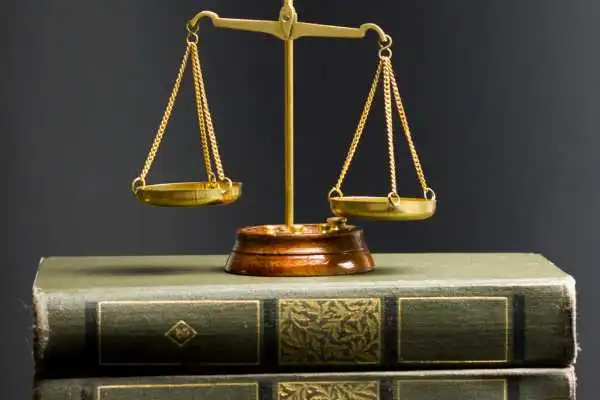Secular Law: Separating Religion from Legal Systems
Secular law refers to legal systems and laws that operate independently from religious rules and beliefs. It ensures that governance and legal decisions are based on rational, non-religious principles. Understanding secular law clarifies its role in modern societies.
What Is Secular Law?
Secular law refers to the legal framework established by governments that operates independently of any religious influence. It draws a clear line between religion and civil matters, ensuring that no particular faith has an upper hand in public affairs. These laws are designed to be fair and apply to everyone, no matter their beliefs or lack thereof. Secular law champions fairness, equality, and the freedom to think and express oneself within society.
Principles:
At the heart of secular legal systems is the idea of separating church and state. This principle is crucial as it keeps religious organizations from meddling in government affairs. Secular laws also safeguard the freedom of religion, allowing individuals to practice their beliefs in private. Moreover, they protect citizens from facing discrimination based on their religious views or absence of them.
How it Works:
Secular law is built on a foundation of written statutes, constitutions, and regulations that are crafted through democratic means. Courts interpret these laws using logical reasoning rather than relying on religious teachings. Governments are responsible for enforcing laws that regulate social conduct, civil rights, property issues, and criminal justice.
Benefits:
One of the key advantages of secular law is that it fosters social harmony by treating all religions with equal respect. It helps to prevent religious disputes from swaying legislative decisions. This legal framework supports diverse societies where various beliefs can coexist peacefully. Additionally, secular laws are more adaptable to shifts in societal values and advancements in science.
Secular Law vs Religious Law:
Religious laws derive their guidelines from sacred texts and spiritual authority, often governing personal issues like marriage and inheritance within specific faith communities. In contrast, secular law applies uniformly to all citizens, regardless of their religious affiliations. In many countries, there is a blend of secular and religious law, particularly concerning family matters or personal status issues.
Examples:
Countries like the United States, France, and India operate under secular legal principles. Each of these nations has its unique approach to balancing secular governance with the freedom of religion. For example, India honors a variety of religions while still upholding a secular framework in its laws.
Conclusion:
It plays a crucial role in keeping religion and government separate, promoting equality and freedom for all. It supports democratic values and safeguards diverse communities. Understanding these principles is key to grasping the complexities of today’s legal and social systems.

